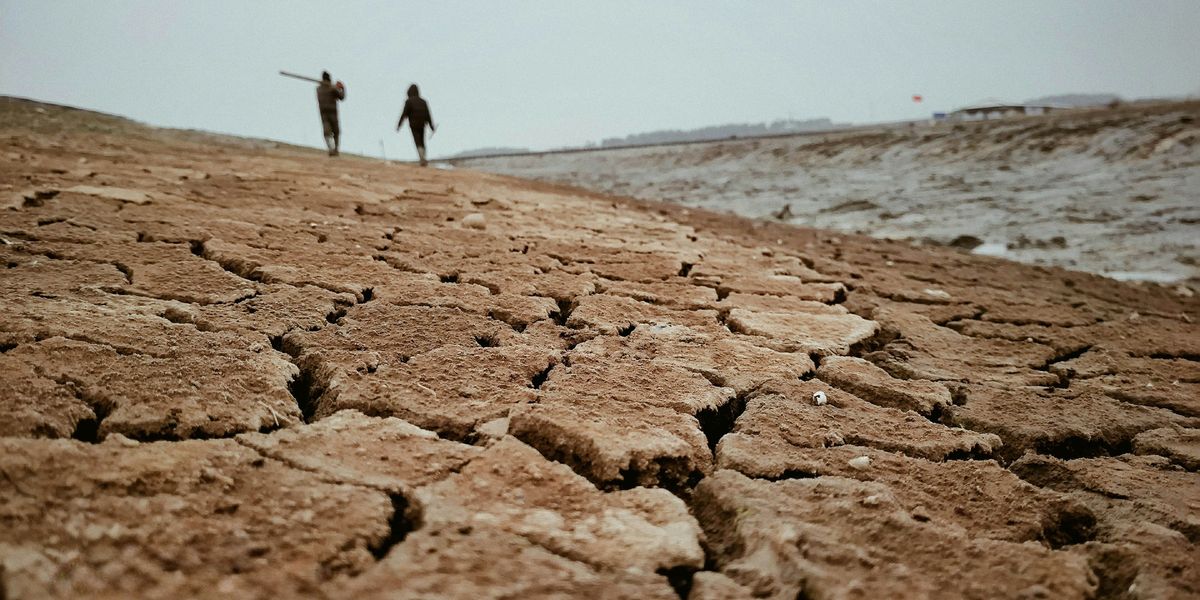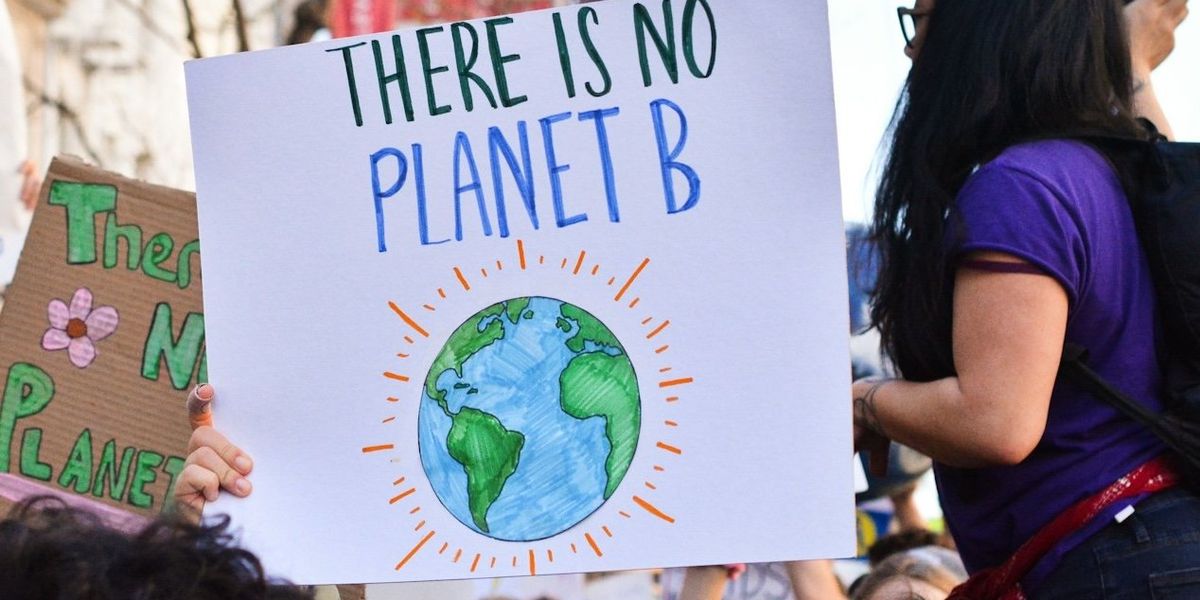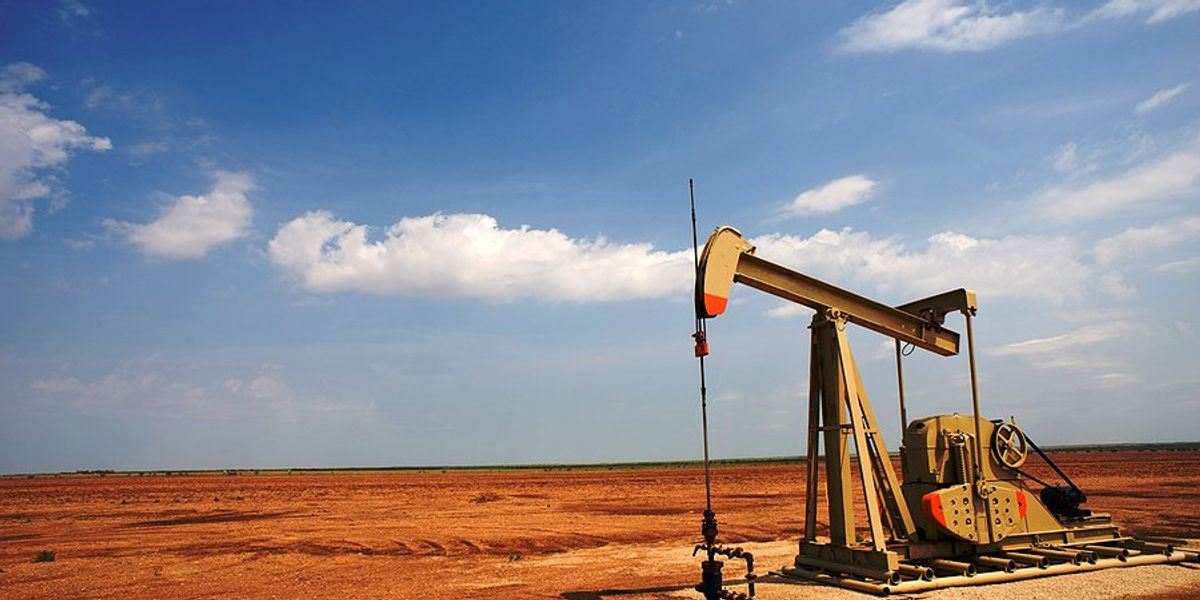Peter Dykstra: The dean of denial
Nearly 80 years ago an obscure soldier set the gold standard for denial, without ever knowing it.
Lt. Hiroo Onoda managed to fight his own lonely World War II for 29 years, ignoring pleas, airdropped leaflets, and more. Last Sunday would have been his 100th birthday.
Descriptions of Onoda suggest he was humble and fiercely loyal. In 1940, he enlisted in the Imperial Japanese Army, training to become an intelligence officer. At that time, Japan was waging war throughout Asia, but its true entry into World War II was still more than a year away, with the attack on Pearl Harbor on Dec. 7, 1941.
Onoda made First Lieutenant by 1944 and was assigned to a team on Lubang, a Philippine island north of Manila. Allied troops were advancing on their way to Japan. Onoda’s orders: stay behind, pick up whatever intel you can, and never, ever surrender.
When the rest of Japan surrendered in August 1945, Onoda, a corporal, and two privates didn’t get the memo. The four hid out in the mountains of Lubang, dismissing news of the surrender and occasionally emerging to hijack a cow for food or skirmish with police. In 1950, one of Onoda’s troops turned himself in.
In 1952, Japan’s military repeatedly airdropped packages with letters and photos from family members. At least one of the packages reached the men, but again was dismissed as a hoax.
A second died in a shootout in 1954. Onoda’s final compadre, Corporal Shoichi Shimada, was killed in 1972 when he and Onoda emerged to sabotage local farmers’ rice crops.
At this point, Japan located Onoda’s Superior Officer from 1944 with surrender orders. For refusing to give up, Onoda returned to Japan a hero. He married, wrote a bestselling memoir, and opened a chain of nature survival camps.
Our fascination with denial
Lately, we have a fascination with denial: vaccines (non-COVID), gun deaths, the 2020 elections, COVID, whether pro wrestling is fake.
Anti-vaxxers are nearing their third decade of Rage Against the Vaccines. God knows how people have died or dealt with cancer due to backlash against the human papillomavirus vaccine. And in recent years measles have staged a comeback thanks to resistance to MMR shots.
Then there's the link between America’s dangerously lax gun laws and the shameful total of kids dying in school rooms. And there’s virtually no evidence of 2020 election fraud—at least not where folks are looking for it.
Other dangerous denials: How many could die due to our addled response to the evidence of climate change? How many Russian citizens will buy into its state-run media’s version of events in the Ukraine?
Lt. Onoda is certainly not the worst manifestation of denial—he only harmed himself, and the families of the 30 or so Filipino farmers he picked off in 29 years (that he returned to Japan a hero is somewhat troubling).
But he could serve as a powerful symbol—maybe a talisman, or maybe just a mascot—for how denial knocks our world silly almost every day.
Peter Dykstra is our weekend editor and columnist and can be reached at pdykstra@ehn.org or @pdykstra.
His views do not necessarily represent those of Environmental Health News, The Daily Climate, or publisher Environmental Health Sciences.
Banner photo: Japanese imperial army soldier Hiroo Onoda (R) offering his military sword to Philippine President Ferdinand E. Marcos (L) on the day of his surrender, March 11, 1974. (Credit: gov.ph)













